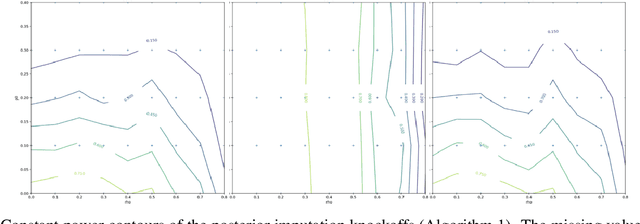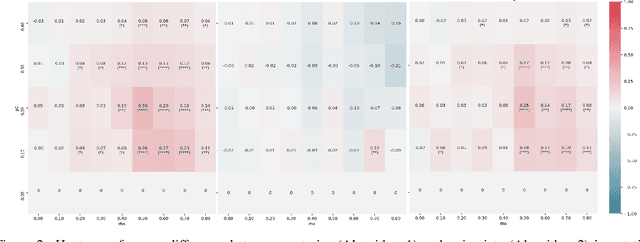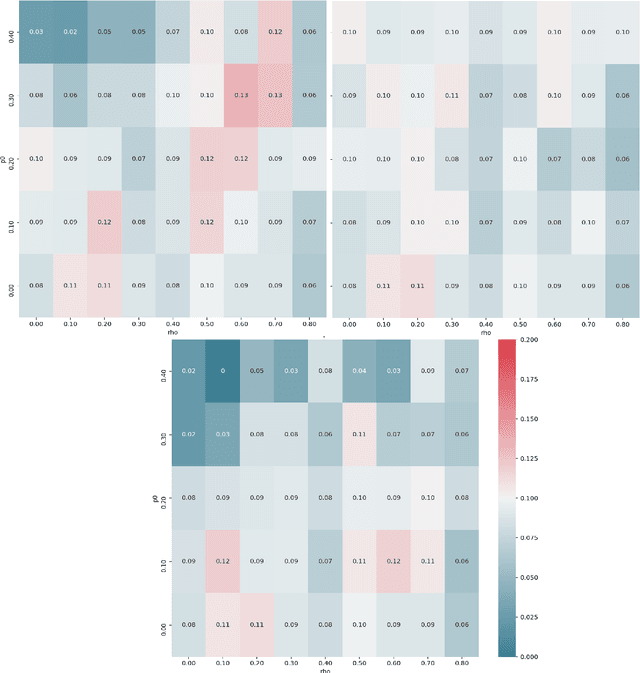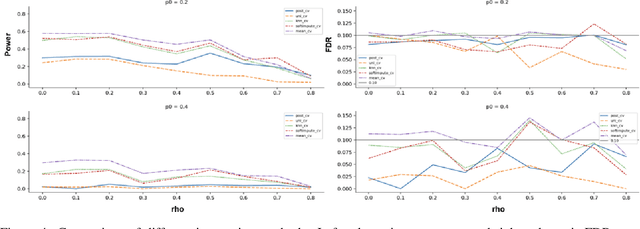Deniz Koyuncu
Exploiting the Data Gap: Utilizing Non-ignorable Missingness to Manipulate Model Learning
Sep 06, 2024



Abstract:Missing data is commonly encountered in practice, and when the missingness is non-ignorable, effective remediation depends on knowledge of the missingness mechanism. Learning the underlying missingness mechanism from the data is not possible in general, so adversaries can exploit this fact by maliciously engineering non-ignorable missingness mechanisms. Such Adversarial Missingness (AM) attacks have only recently been motivated and introduced, and then successfully tailored to mislead causal structure learning algorithms into hiding specific cause-and-effect relationships. However, existing AM attacks assume the modeler (victim) uses full-information maximum likelihood methods to handle the missing data, and are of limited applicability when the modeler uses different remediation strategies. In this work we focus on associational learning in the context of AM attacks. We consider (i) complete case analysis, (ii) mean imputation, and (iii) regression-based imputation as alternative strategies used by the modeler. Instead of combinatorially searching for missing entries, we propose a novel probabilistic approximation by deriving the asymptotic forms of these methods used for handling the missing entries. We then formulate the learning of the adversarial missingness mechanism as a bi-level optimization problem. Experiments on generalized linear models show that AM attacks can be used to change the p-values of features from significant to insignificant in real datasets, such as the California-housing dataset, while using relatively moderate amounts of missingness (<20%). Additionally, we assess the robustness of our attacks against defense strategies based on data valuation.
Deception by Omission: Using Adversarial Missingness to Poison Causal Structure Learning
May 31, 2023



Abstract:Inference of causal structures from observational data is a key component of causal machine learning; in practice, this data may be incompletely observed. Prior work has demonstrated that adversarial perturbations of completely observed training data may be used to force the learning of inaccurate causal structural models (SCMs). However, when the data can be audited for correctness (e.g., it is crytographically signed by its source), this adversarial mechanism is invalidated. This work introduces a novel attack methodology wherein the adversary deceptively omits a portion of the true training data to bias the learned causal structures in a desired manner. Theoretically sound attack mechanisms are derived for the case of arbitrary SCMs, and a sample-efficient learning-based heuristic is given for Gaussian SCMs. Experimental validation of these approaches on real and synthetic data sets demonstrates the effectiveness of adversarial missingness attacks at deceiving popular causal structure learning algorithms.
Missing Value Knockoffs
Feb 26, 2022



Abstract:One limitation of the most statistical/machine learning-based variable selection approaches is their inability to control the false selections. A recently introduced framework, model-x knockoffs, provides that to a wide range of models but lacks support for datasets with missing values. In this work, we discuss ways of preserving the theoretical guarantees of the model-x framework in the missing data setting. First, we prove that posterior sampled imputation allows reusing existing knockoff samplers in the presence of missing values. Second, we show that sampling knockoffs only for the observed variables and applying univariate imputation also preserves the false selection guarantees. Third, for the special case of latent variable models, we demonstrate how jointly imputing and sampling knockoffs can reduce the computational complexity. We have verified the theoretical findings with two different exploratory variable distributions and investigated how the missing data pattern, amount of correlation, the number of observations, and missing values affected the statistical power.
 Add to Chrome
Add to Chrome Add to Firefox
Add to Firefox Add to Edge
Add to Edge